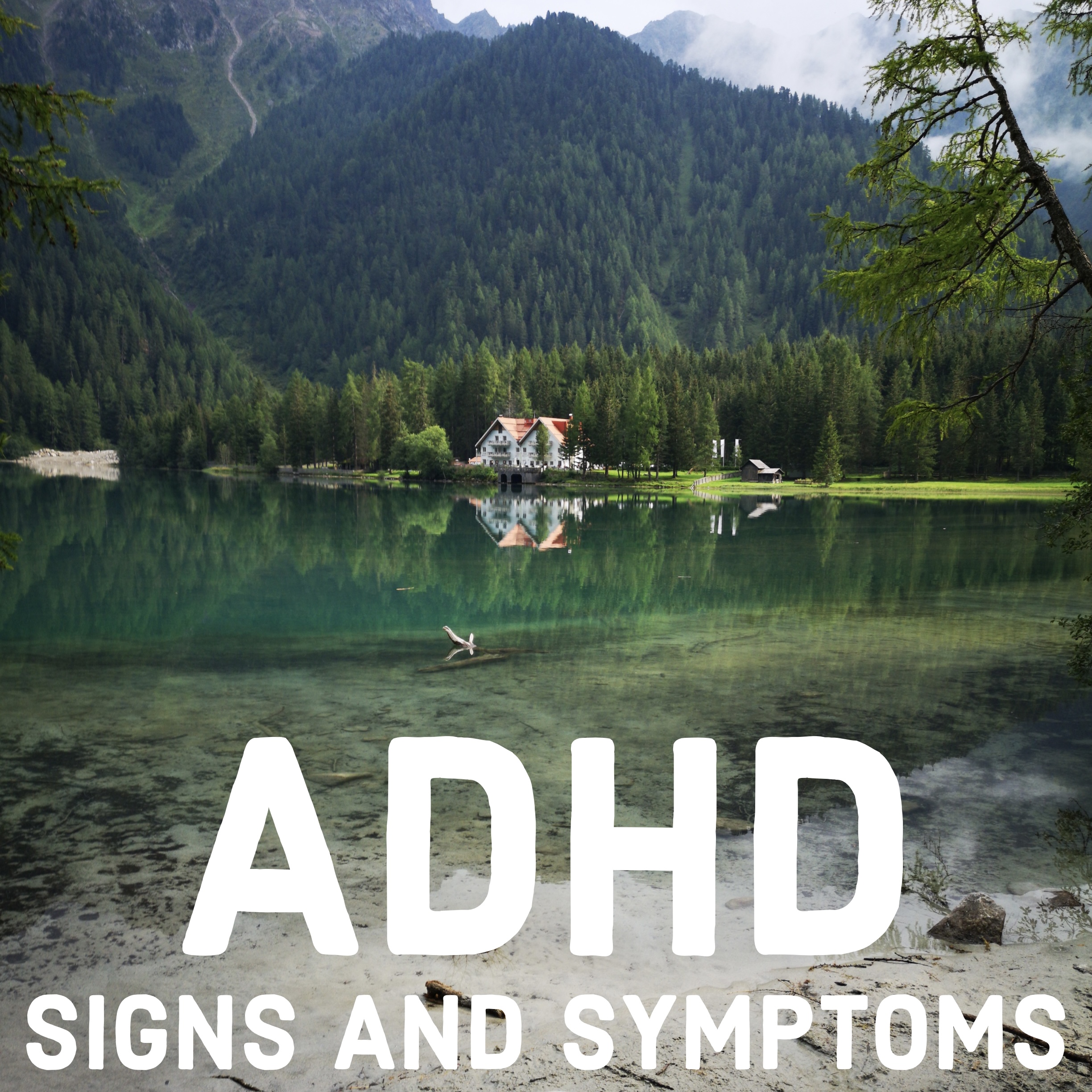Living With ADHD
Attention-Deficit/Hyperactivity Disorder (ADHD) is a disorder, affecting both children and adults, that makes it difficult for one to pay attention and control impulse behaviors. The American Psychiatric Association estimates 8.4% of children and 2.5% of adults have ADHD. Although there is no cure for ADHD, various treatments can be used to help minimize the symptoms of the disorder.
Treating ADHD
The following are treatments commonly used for ADHD:
- Medication
- Stimulants: Stimulants are used because the medicine increases dopamine, which can help one’s ability to think and pay attention.
- Non-Stimulants: Although these medications may take longer to work than stimulants, they can also improve one’s ability to focus, pay attention, and control impulses.
- Antidepressants: Antidepressants are not currently approved by the FDA specifically for the treatment of ADHD, but are prescribed at times to treat adults with the disorder.
- Therapy
- Therapy may not directly be effective in treating ADHD symptoms, but is often used as a way for individuals to help cope with daily challenges.
- Education and Training
- To help children and adults struggling with ADHD, the support and guidance of family, friends, and teachers can play a big role in treatment. This assistance includes, but is not limited to, parenting skills training, stress management techniques, and support groups.
RESOURCES
- To learn more about ADHD, or find out if you or your child may be affected by the disorder, we recommend contacting your health care provider.
- To read more about ADHD, the following resources are suggested:
- APA: https://www.psychiatry.org/patients-families/adhd/what-is-adhd
- NIMH: https://www.nimh.nih.gov/health/publications/attention-deficit-hyperactivity-disorder-adhd-the-basics
- NAMI: https://www.nami.org/About-Mental-Illness/Mental-Health-Conditions/ADHD








